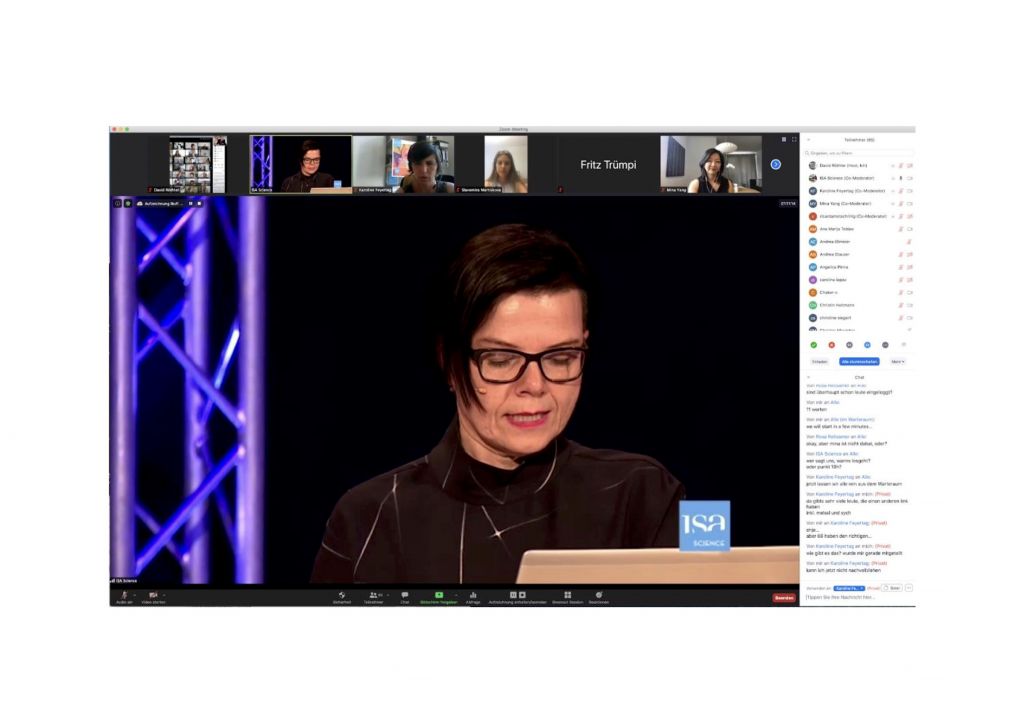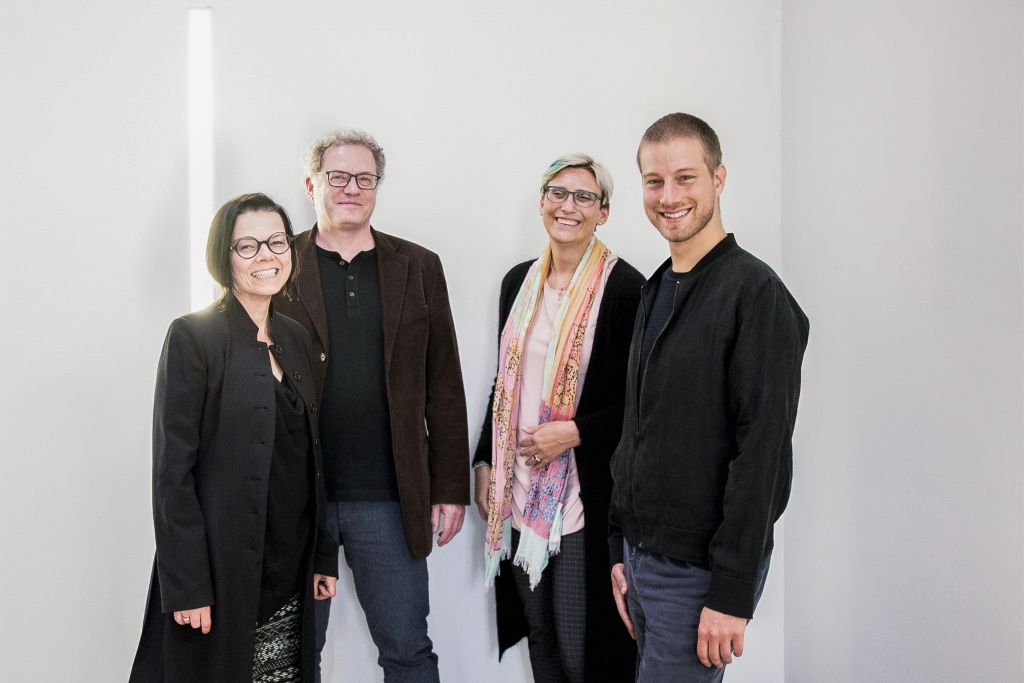Mina Yang’s statement “Beethoven and the Dangers of Hero Discourses”, delivered on 19 August 2020, initiated an animated and critical exchange on the various topics of the postponed isaScience conference, entitled “Heroes, Canons, Cults. Critical Inquiries”.

The isaScience digital Zoom lecture by musicologist Mina Yang (USA) (known for, among other things, her book Planet Beethoven), pointed out the problematic aspects of heroising white, cis-male composers of Western art music: “Beethoven became the epitome of male dominance and universality.” Yang continued by quoting Henry Kingsbury: “In the conservatory, musical performance and rendition are inextricably intertwined with the negotiation and reproduction of social inequality.” Her analysis of the heroisation and canonisation process undergone by Beethoven’s person and music, driven by large concert venues and classical music teaching, went beyond ascertaining that this has led to abuses of power, to the exploitation of hierarchical relationships, and even to sexual abuse and rape on the part of numerous conductors. In her talk, delivered with no small commitment, Yang also made reference to very recent developments: she pointed out how, “in the wake of the Harvey Weinstein scandal and the #MeToo movement, classical musicians began going public to accuse conservatory teachers and conductors of sexual harassment and statutory rape. The ‘heroes’ of yesteryear—James Lavine, Charles Dutoit, and Placido Domingo, to name just the most famous ones—became symbols of what was rotten in the heart of classical music.” Yang then used a quotation by music journalist Norman Lebrecht to encapsulate a problem that persists despite #MeToo: namely, the fear of reprisals in the music industry and the music school world: “The code of silence in classical music is as tight as Sicilian omertà. Speak out, and you’re dead meat.”
It is therefore time, she said, to fundamentally question the structures and organisation of classical music and to above all focus on those musical styles and listeners who have not found their way into conservatory-based discourses so far. This would mean taking both the Black Lives Matter and #MeToo movements seriously. For as Yang went on to point out: “As long as power resides in the hands of just a few and hero-myths continue to celebrate male prowess, there will be perpetrators who continue to engage in predatory behaviour and victims whose harms go unpunished. […] We have the opportunity to shift the paradigm and consider much more radical alternatives.” Yang specified three goals: first of all, to acknowledge and affirm the connection between the classical music sphere and the real world; second, to make Beethoven smaller; third, to make everyone else bigger. These three goals, she said, should lead us to leave universalism and transcendence behind and finally deal with racism, classism, sexism, ableism, etc. for real and at our own institutions.
At the conclusion of her lecture, Yang introduced two cases in which she considers her three goals already realised: the first is The Silk Road Project, which has been led by Rhiannon Giddens since July. The second example that does justice to Yang’s three goals consists in the House Concerts and Tiny Desk Concerts by Igor Levit, winner of the 2019 Beethoven Ring.
With her statement for isaScience digital, Mina Yang invited her audience “to imagine a different future for classical music—one that is inclusive rather than exclusive, that embraces equality rather than hierarchy, and that props up the community rather than the solitary hero.”
Since isaScience took place in an (abbreviated) first digital edition due to the international COVID-19 pandemic, the video of Mina Yang’s statement on 19 August 2020 can be accessed online here.

The isaScience conference on the theme of Heroes, Canons, Cults. Critical Inquiries, originally scheduled for August 2020, has been rescheduled to take place between 11 and 15 August 2021. The call for papers will remain open until 28 February 2021. All abstracts received to date will continue to be considered or can also be revised and resubmitted.
For further information, please see mdw.ac.at/isascience
Heroes, Canons, Cults. Critical Inquiries
11 – 15 August 2021
Keynotes by Mina Yang (USA), Esteban Buch (France), Milena Dragićević Šešić (Serbia), Denise Gill (USA)
Leading team: Dagmar Abfalter, Marko Kölbl, Rosa Reitsamer, Fritz Trümpi
Coordination: Karoline Feyertag

